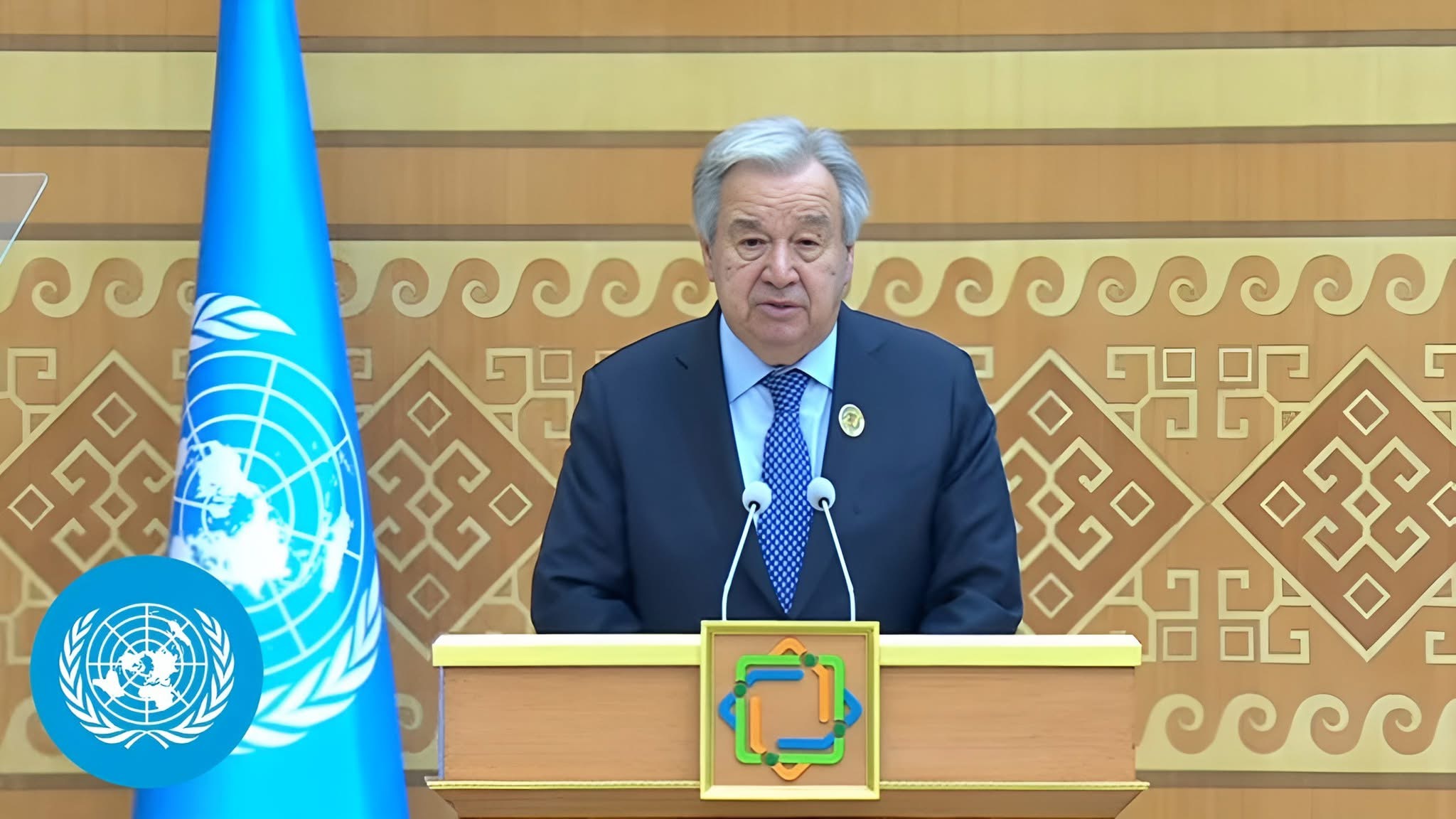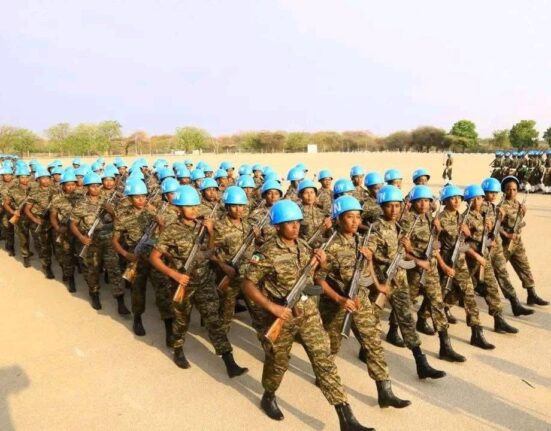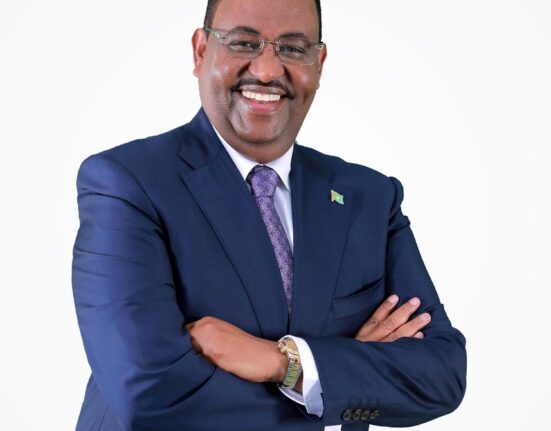Awaaza, Turkmenistan – August 5, 2025 | HornCurrent.com
The Secretary-General of the United Nations, António Guterres, has made a passionate call for international cooperation to support landlocked developing countries (LLDCs), stressing that no nation should be left behind in development simply because it lacks access to the sea.
Guterres made these remarks during the opening of the Third United Nations Conference on Landlocked Developing Countries, which officially began today in the city of Awaaza, Turkmenistan.
“In this interconnected world, no country should fall behind simply because it has no sea port,” said Guterres. “Countries with sea access have a responsibility to collaborate with landlocked countries. Shared development must be the global standard.”
The UN organizes a global conference for LLDCs every three years to assess progress, challenges, and promote partnerships for sustainable development. This year’s forum brings together leaders, experts, and stakeholders to highlight the growing difficulties landlocked nations face in an increasingly climate-vulnerable and trade-intensive global environment.
44 Countries Without Access to the Sea
According to UN data, 44 countries around the world are landlocked, 32 of which are classified as developing nations. These nations collectively host more than 500 million people and face significant disadvantages such as:
- High transportation and trade costs
- Limited access to international markets
- Exposure to climate shocks and natural resource vulnerabilities
The UN chief emphasized the urgency of global cooperation to reduce these burdens and ensure inclusive economic growth. He warned that without meaningful intervention, LLDCs will continue to experience unequal access to development opportunities.
Global Solidarity for Sustainable Growth
The Awaaza conference is focused on building global partnerships that promote inclusive and resilient development for LLDCs. Topics include infrastructure investment, regional integration, climate resilience, and enhancing transport corridors.
The goal is to not only reduce logistical bottlenecks but also to ensure that landlocked nations can fully participate in the global economy.
“A Shared Responsibility”
Guterres underlined that ensuring development for LLDCs is a shared responsibility between landlocked and coastal nations. “It is not a favor; it is a necessity rooted in fairness and sustainable global progress,” he said.
The conference is expected to conclude with a renewed global commitment and action plan tailored to meet the needs of LLDCs in the next development phase.
For comments or to read the full UN report, click the feedback button below.








